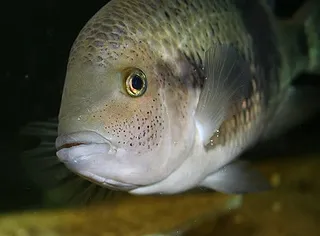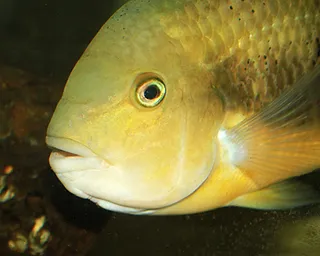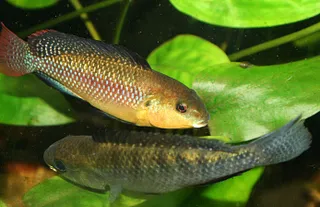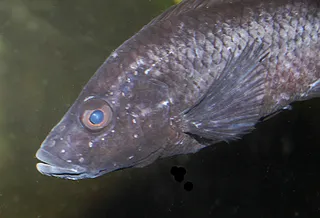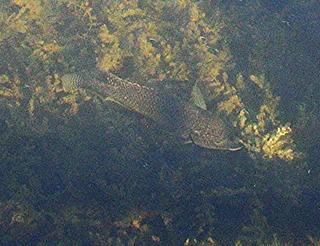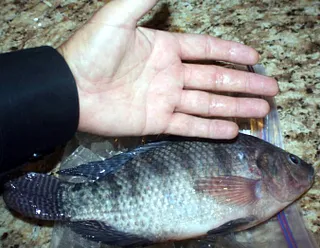Some species will grow slowly no matter what you do, and this is strange to me. What benefit is the fish getting from growing slowly?
For example altolamprologus are famously slow growers. You can keep the tank warm, feed them 3 times a day, and change the water daily yet they will still be slow growers compared to most species. I have seen a theory about this that said "They have to grow slowly because they have special super hard scales which take more energy to grow than a regular fishes scales" this sort of makes sense but then I think about the numerous fast growing armored catfish that also have rock hard scales. There are also plenty of scaleless or less thickly scaled fish that are also slow growers.
The clown loach is a great example. They eat well, eat anything, and have no obviously complex/unusual physical traits that would warrant them growing slowly. There are even species that are nearly identical except for the color that grow much more quickly.
So if given plenty of space and plenty of food what is the advantage of growing slower than the other fish? Why would their biology want to prevent them from reaching their adult size faster when the resources to do so are available?
For example altolamprologus are famously slow growers. You can keep the tank warm, feed them 3 times a day, and change the water daily yet they will still be slow growers compared to most species. I have seen a theory about this that said "They have to grow slowly because they have special super hard scales which take more energy to grow than a regular fishes scales" this sort of makes sense but then I think about the numerous fast growing armored catfish that also have rock hard scales. There are also plenty of scaleless or less thickly scaled fish that are also slow growers.
The clown loach is a great example. They eat well, eat anything, and have no obviously complex/unusual physical traits that would warrant them growing slowly. There are even species that are nearly identical except for the color that grow much more quickly.
So if given plenty of space and plenty of food what is the advantage of growing slower than the other fish? Why would their biology want to prevent them from reaching their adult size faster when the resources to do so are available?



